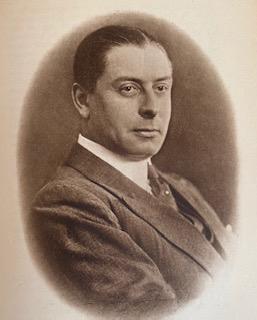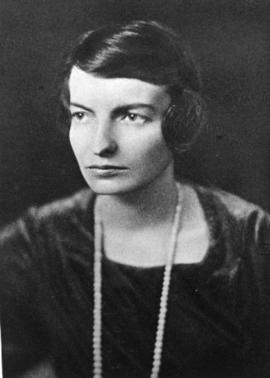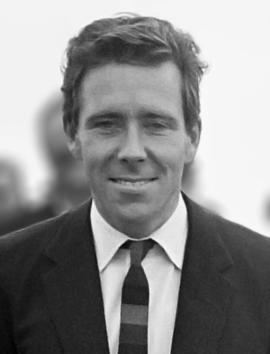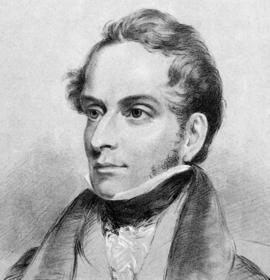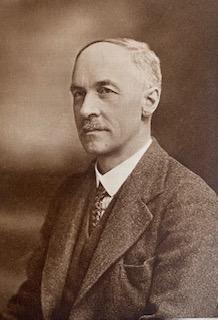Born in 1888, the son of herpetologist George Albert Boulenger. He was curator of reptiles at London Zoo from 1911-1924, and then director of the aquarium from 1924 to 1943.
Joan Beauchamp Procter was a British zoologist and herpetologist. She worked initially at the British Museum (Natural History) and later at the Zoological Society of London, as the first female Curator of Reptiles at London Zoo. She undertook substantial taxonomic work and made innovative contributions to veterinary practice and zoo displays. She wrote scientific and popular zoological articles, including early accounts of the behaviour of captive komodo dragons.
Office Boy, later Clerk and Public Relations Officer at ZSL London Zoo. Created Pets Corner
Anthony Charles Robert Armstrong-Jones, was a British photographer and filmmaker. From 1960 to 1978 he was married to Princess Margaret, the sister of Queen Elizabeth II
Architect of London Zoo. By the end of 1829, Burton had completed London Zoo, which had opened in April 1828
David Seth-Smith was a British zoologist, wildlife artist, broadcaster and author. His career included spells as Curator of Mammals and Birds for the Zoological Society of London and editor of the Bulletin of the British Ornithologist's Club and the Avicultural Magazine. He also presented nature programmes on the BBC's Children's Hour under the name 'The Zoo Man', and also ''Friends from the Zoo' on BBC Television in the 1930s. He illustrated and photographed many animals and birds in captivity and is credited with taking the only known photographs of the now extinct pink-headed duck.
By 1945, he was a Fellow of the Royal Zoological Society, Member of the British Ornithologist's Union, Hon. Fellow, New York Zoological Society; Corresponding Fellow, American Ornithologists' Union; and Corresponding Member, Societe National d'Acclimatation de France.
Curator of Mammals at London Zoo. He was Director of Chester Zoo 1978-1995. He won the 1999 Silver Medal of the Zoological Society of London.
Curator of Birds
Architect of London Zoo
Architect of London Zoo
